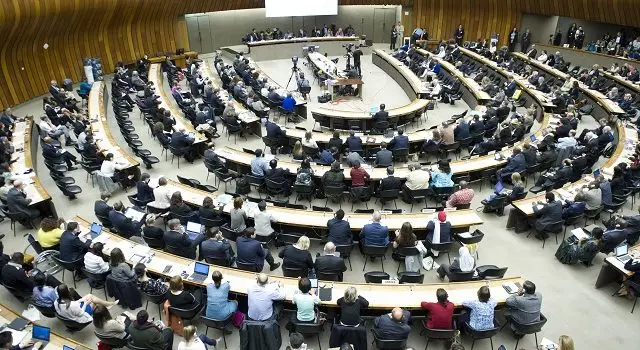Between 8 October – 19 November 2020, the World Heart Federation challenged public health experts from policymaking, international organizations, academia, and the private sector, as well as health providers working on the frontlines, to Rethink the Future of the Cardiovascular Workforce in the 4-part, pandemic-induced webinars series Heart Talks.
What emerged were four through-provoking global webinars, convened under the leadership of Prof. Tom Gaziano and Sir George Alleyne, and six key lessons on where we are and how we can move forward in global health for stronger workforces:
- We are facing the consequences of a syndemic, a synthesis between the epidemic of NCDs and COVID-19, that is stretching health systems and workforces to their limits. The pandemic exposed major gaps in prioritizing and financing the prevention and management of NCDs, and in adequately recruiting, training and supporting the health workforce at all levels.
- There have been significant disruptions in access to and the delivery of care for people living with NCDs across the world and no country has been spared, but those gaps have been most acutely felt in low- and middle-income countries (LMICs) that were already facing shortages of health professionals and burdened health systems.
- On the positive side, the current crisis has driven recruitment of health professionals, the uptake of telemedicine in many parts of the world, calls for task shifting and task sharing (especially towards nurses and community health workers), and a renewed appreciation of the health workforce and of the need to invest in and protect them.
- It’s crucial that we keep and build on these gains for stronger health systems and workforces, and for a more secure future.
- To do so, we need a boost in the number of health professionals at all levels as well as in their training, protection and support & wellbeing programmes. Regulations need to be put in place for task shifting, task sharing, telemedicine and digital health, and funding needs to be prioritized for the prevention and management of non-communicable diseases (NCDs).
- For enhanced and smarter financing, health policymakers need to learn the language of economists and make the evidence-based case that investments in health lead to high returns in terms of productivity and economic growth.
For a deep dive into all of these lessons and more, you can watch the video summaries and / recordings of the Heart Talks webinars here.


